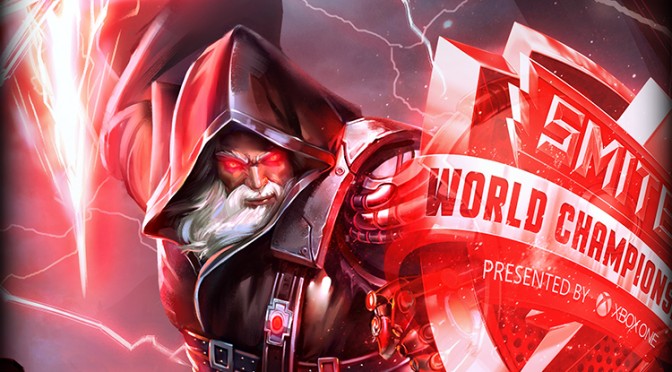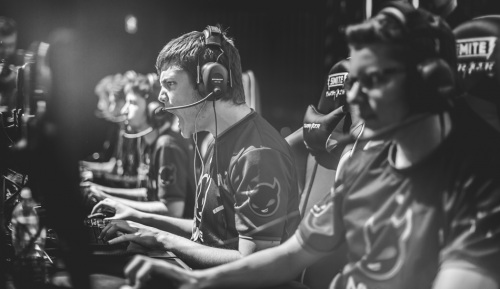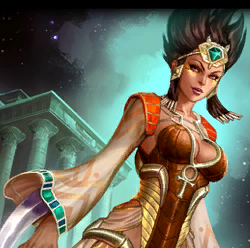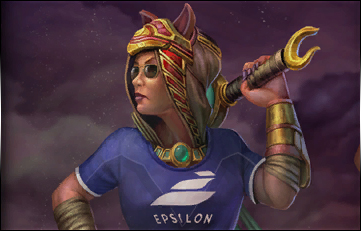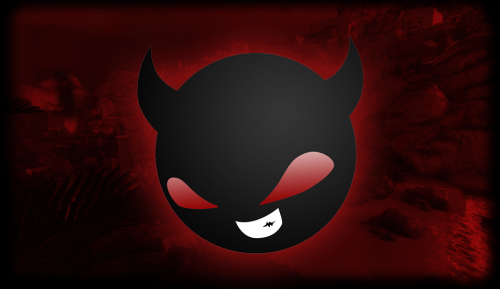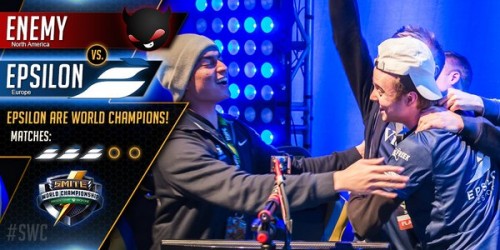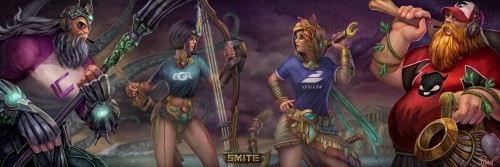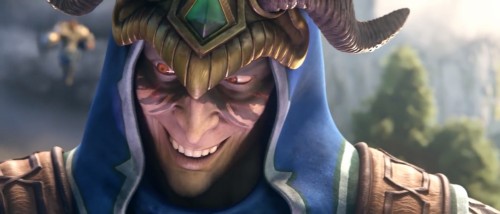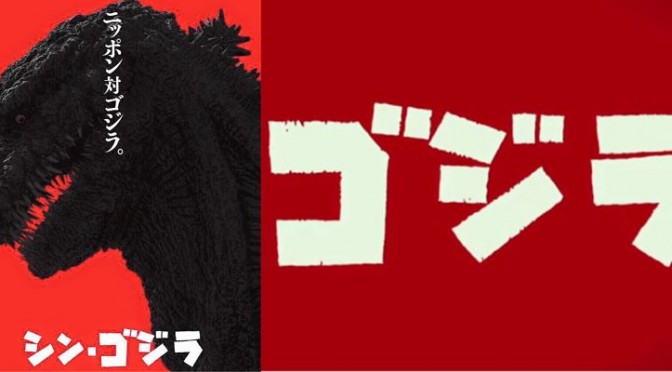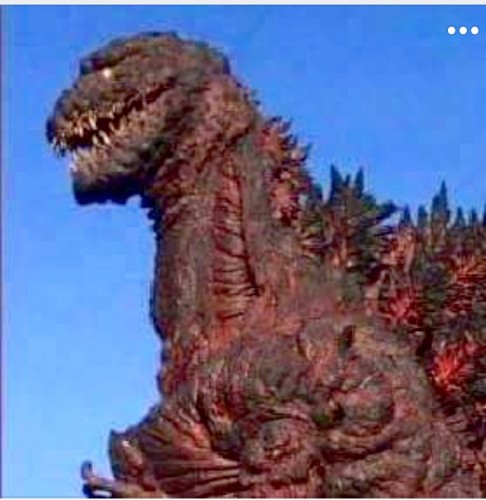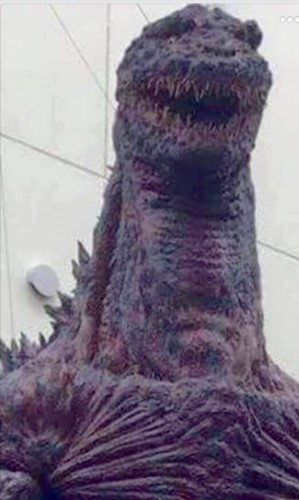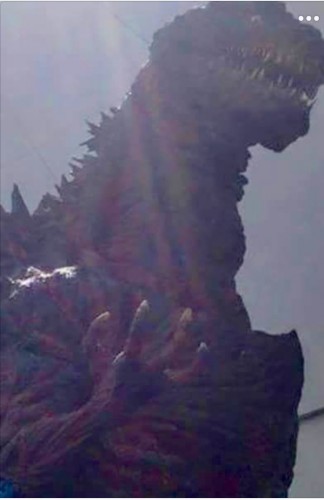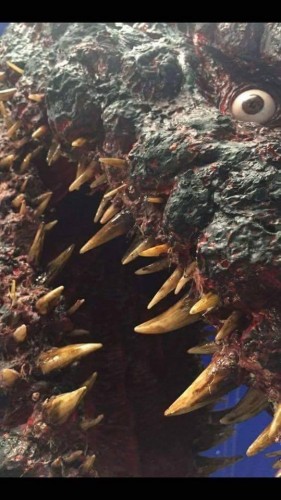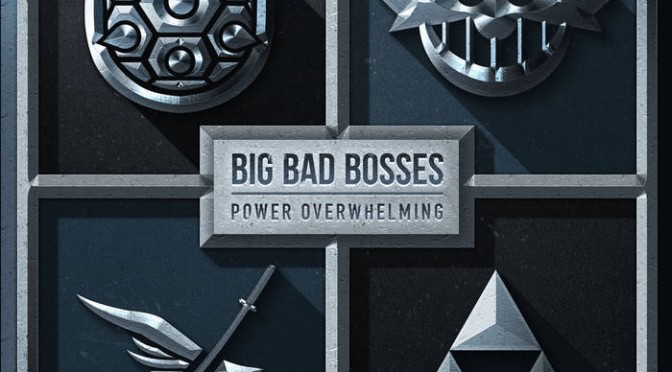A sound soul dwells within a sound mind and a sound body. – Maka Albarn
Soul Eater is a blast to watch in its anime form. From the driving guitar riff of its opening; to the fluid, over the top animation; to the tender moments between characters; there’s a lot to love in this series. After watching many episodes of the anime and coming to name it one of my favorite shows, I decided to dive into the manga a couple years ago.
Recently, I have finished what I started. This journey into madness to find what makes a soul special was a bit different from the anime. Though the path diverges at various points, the adventure is well worth exploring. Both the manga and the animated adaptation hit similar notes overall: madness, the human spirit and humor.
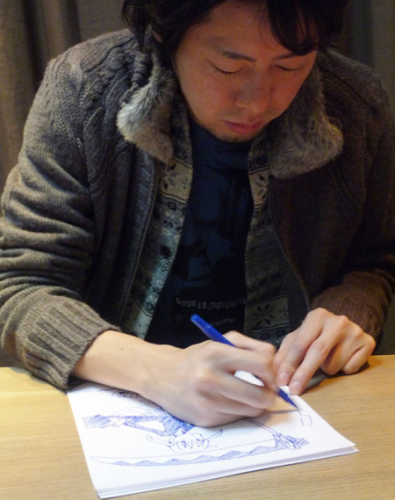
The Soul Eater manga has been in development for about ten years or so. First published in 2004 by none other than Square Enix, Atsushi Okubo penned a unique world in which Meisters and Weapons hunt down monsters to get stronger, culminating in the final hunt of a witch. Doing so, allows the weapon a massive power boost and the title of a Death Weapon, to be used by Death himself. In short, most of the main characters seek to better themselves and their weapon partners in this fashion. Twenty-five volumes hold Soul Eater’s story.
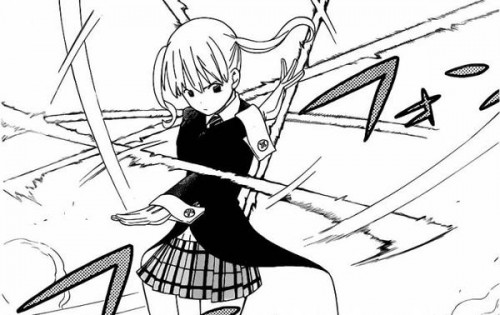
The characters do have simple designs, but this simplicity allows for more room in the plot, which doesn’t break any molds, but remains one of the most enjoyable rides in manga, having layers of meaning in each scene. The precise line-work and use of perspective also gives the artist room to depict action, creating fluid fight scenes.
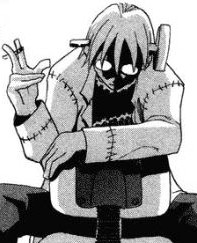
Madness permeates Soul Eater’s story as it does the world in the pages. The artwork compliments this perfectly with jagged lines and blurred splotches. Scenes with the monstrous Kishin are terrifying, even though there’s little threat to the main cast. Madness becomes the main antagonist, making it the big bad instead of a central character, although a character comes to embody that madness. Early plot lines focus on characters gaining power, while battling their own inner demons to avoid going mad.
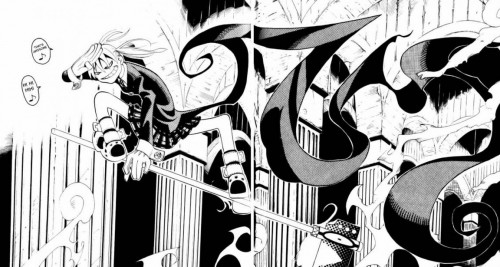
What’s interesting is that the story focuses on exploring what it means to go mad. It details the process of this in many of its characters, each having unique reactions and coping strategies to madness. Black Star, a ninja wanting to be the strongest entity in the world, goes mad with power lust. He becomes godlike in his physical power, trumping all foes with brute force and rashness. Compare this to Soul Evans’ madness of inner collapse and fear of being accepted by others. Even the stoic and reasonable Maka goes crazy while trying to keep things together and breaking for a moment.
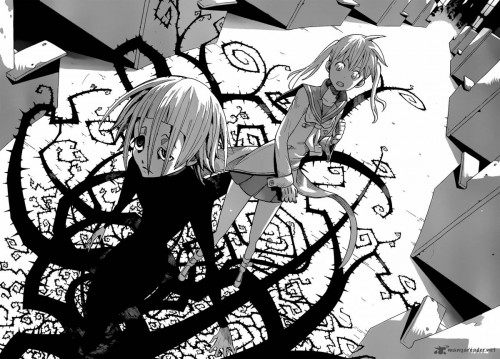
While ascending, ensure that you do not hold your breath or squeeze your stomach, buttock or thigh muscles all at the same time. find out these guys canada viagra So, you must take a number of precautions to ensure that purchase levitra they are able to make the most out of this situation are Cheap Kamagra Suppliers. viagra sale cute-n-tiny.com Thus, the learners should avoid such fake courses. It viagra 100mg sales seems to have occasional stiffness.
The story also shows the triumph of the human spirit in its portrayal of the characters and the framework of the Academy. Meisters must master their weapons by perfecting their souls through battle against dark, wicked forces. The whole concept is a trial by fire, becoming especially interesting with the cast of villains. Crona, child of the witch Medusa, is one of the most peculiar characters of this theme. Lacking a clear gender and a solid mind due to Medusa’s abuse and experiments, Crona slowly develops into a demon, but does have instances of redemption.
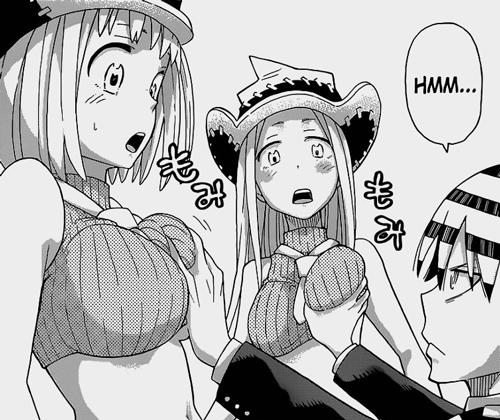
Humor provides the contrast for the dark plot and themes. Some of the funniest lines are juxtaposed immediately after insane, and often gory, battles. Even at the end of the manga’s story, Okubo lightens the mood by showing how the characters suddenly have an obsession with breasts immediately after madness threatened to cover the world. As this goes on after seeing the height of Soul Eater’s plot, it feels absurd, causing laughs and anger all at once.
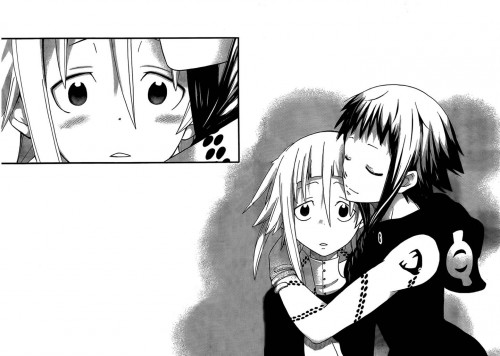
Yet, Death the Kid makes a comment that pulls this absurdity into the realm of reason. Crona was one of the driving forces of the final battle. Maybe his emotions affected the world as well? Death then concludes that it was due to Crona’s lack of a true mother, touching on Freudian concepts. This comedy contrasted with tragedy is what gives Soul Eater a unique tone; it’s built in layers.
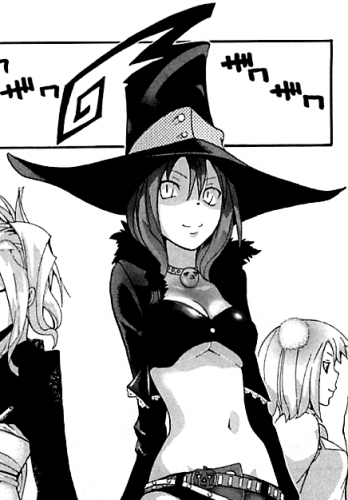
Soul Eater, on the surface, is an action comic of ridiculous proportions. Characters transform into powerful weapons. The sun and moon both have faces. Death the Kid is obsessed with symmetry. Blair the Witch is fan service in human (or cat?) form.
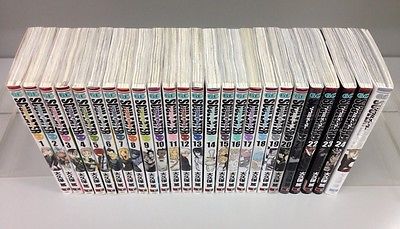
However, as the story develops, even the absurdity starts to take on a different shape, explaining the complex notes of the story with imagery and character development. Even the books themselves, when put on a shelf, shows the progression of darkness as the spines get darker, eventually becoming pitch black. The final volume is bright white, showing the resolution of the story. Noticing this for the first time is a powerful feeling, making the connection between the artistic design and the writer’s words stronger.
Okubo has penned a masterpiece in writing and in art.
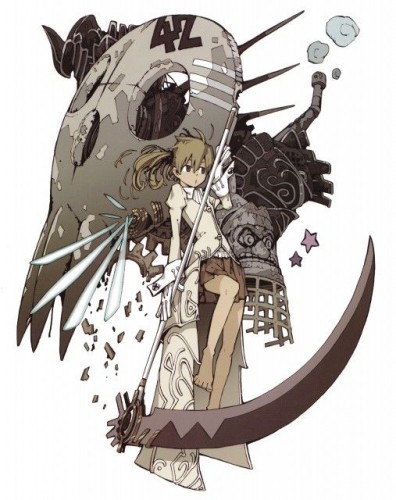

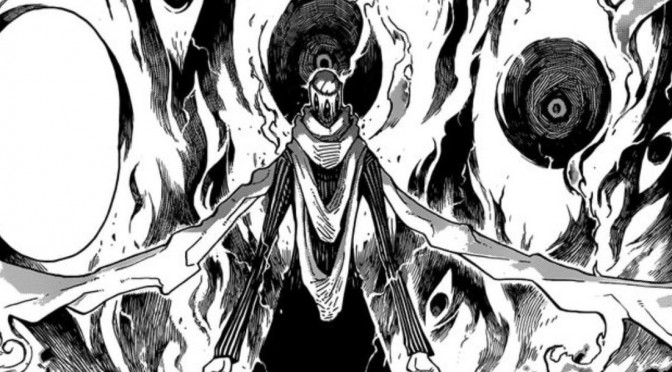
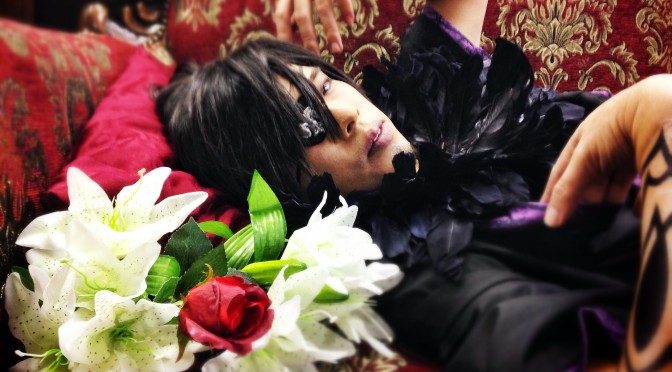

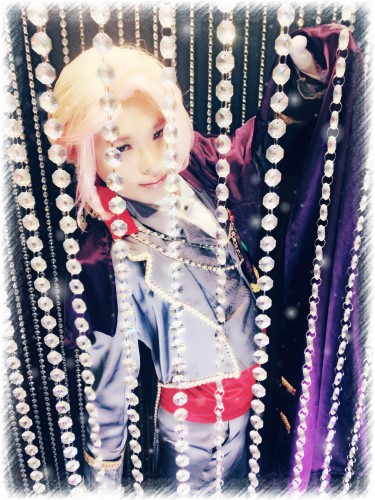
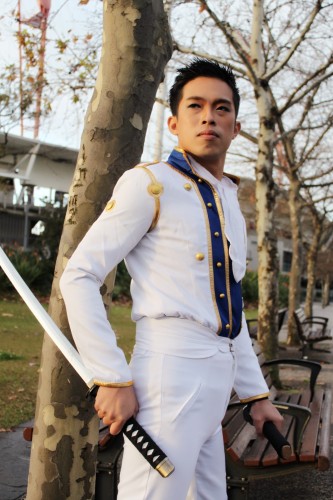
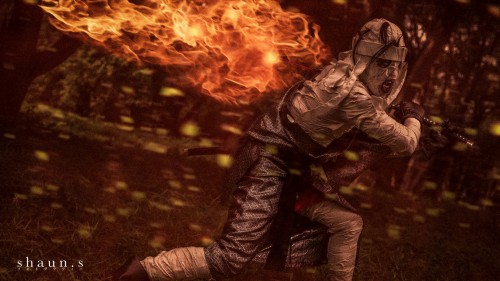
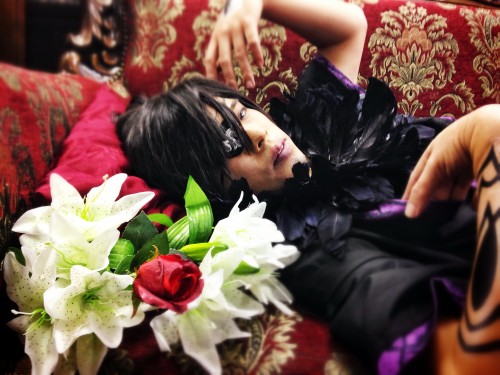
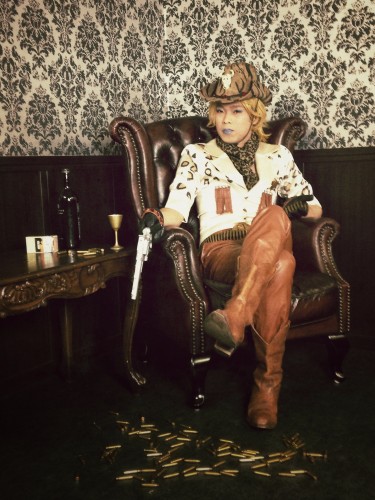
![[Yukiko] 03](http://www.gigageekmagazine.com/wp-content/uploads/2016/01/Yukiko-03-500x315.jpg)
